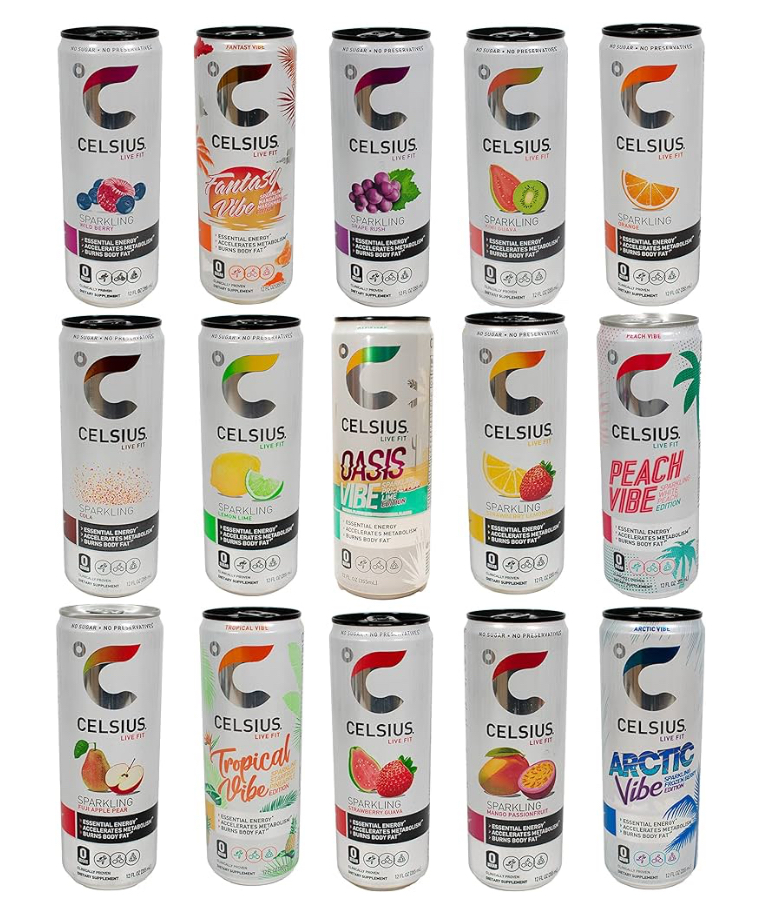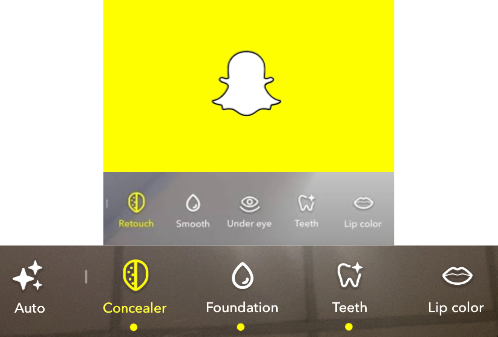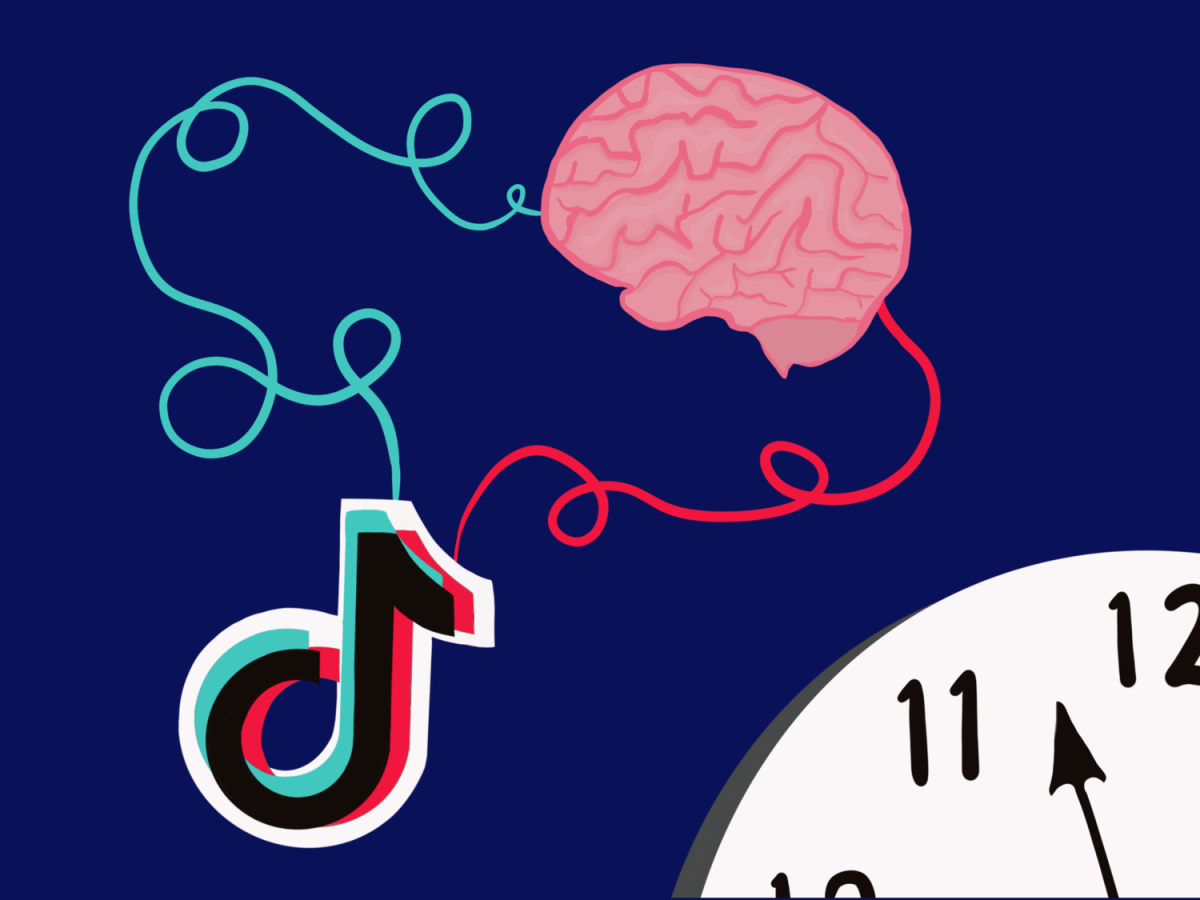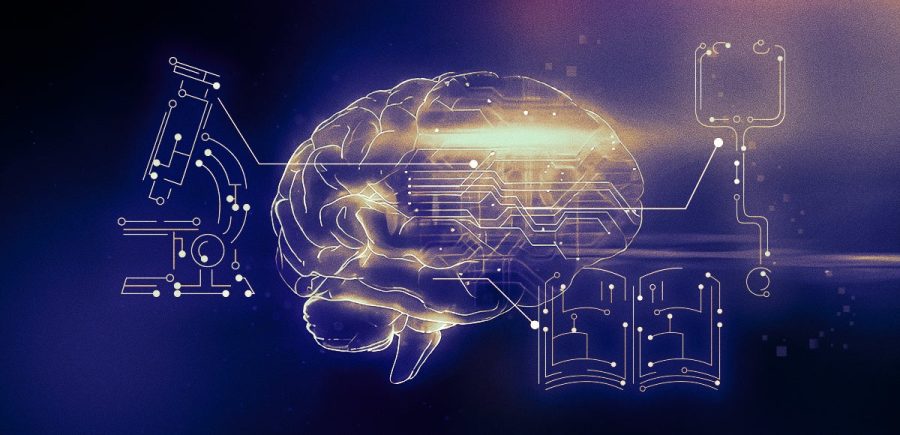The target audience of energy drinks are crystal clear to see in the halls of any high school. Most weeks students are downing at least one energy drink a day. Either coupled with breakfast, lunch, or as a snack all on its own. With dozens of flavors and prices placed at an affordable rate this keeps consumers coming back as there is always something new to try that won’t break the bank.
Energy drinks like Celsius, Alani, Red Bull, and more are marketed towards anyone who is looking to increase their energy levels and mental performance. With bright colored packaging, an easy to carry slim can, exciting spunky names, and endorsements from big names; Celsius being endorsed by Jake Paul, Formula 1 and Major League Soccer just to name a few, coupled with the well know fact that most teenagers get about 7 hours of sleep per night which is less than the 8-10 hours recommended by the American Academy of Sleep Medicine and stress levels at an all time high makes teenagers and young adults the target audience for the “benefits” of these drinks.
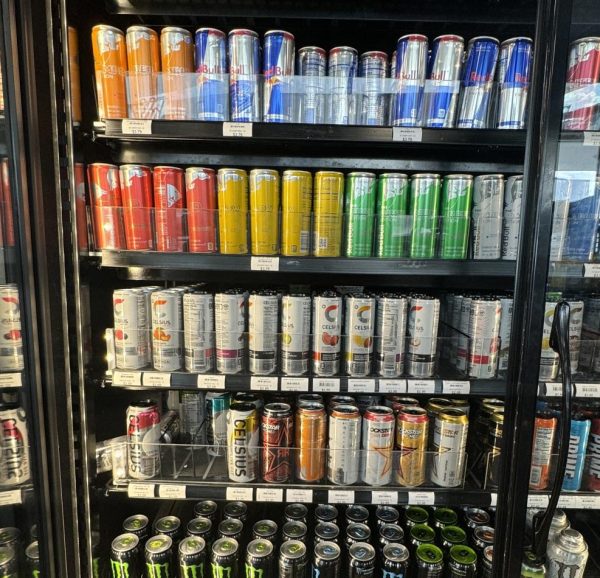
These so called “benefits” of energy drinks, in addition to the mass consumption, have brought to light possible health problems and side effects of consuming energy drinks on the regular that have high caffeine contents. One of the main problems is that the amount of caffeine seems to contribute to cardiovascular, neurological, metabolic, dental, and renal problems.
“I probably drink them 1-2 times a week which isn’t a lot but I’ve been drinking them for a few years. It makes me not hungry at all and it makes me really energized but normally I’ll be really tired afterwards and sometimes I get shaky. I drink the C4 peach flavor,” said junior Riley Yates
Many of these drinks contain excessive amount of caffeine, up to several times the amount contained in a regular cup of coffee. Caffeine increases intracellular calcium concentrations in the body and causes noradrenaline, which helps to regulate attention and overall cognitive function, to release and synthesizes dopamine receptors in the brain. This in turn causes cardiac simulation resulting in ventricular tachyarrhythmias, a faster than normal heart rate that starts in the right and left atriums located above the two lower chambers. When the heart beats too fast it may not send enough blood to the body resulting in organs and tissues not getting enough oxygen. Over time if this goes untreated or the body is constantly pumped with excess caffeine it could lead to a weakening of the heart and possibly heart failure.
Another effect of excessive caffeine intake from energy drinks is increased left frontal activity to a greater extent than the right frontal lobe in the brain. This suggest that these energy drinks mimic the effect of dopamine on striatopallidal neurons to reduce fatigue. Chronic consumption of these drinks have been associated with long-term stress, anxiety, and depression as all of these relate to the firing of different neurons in the brain.
While the effects of energy drinks on stomachs have not been studied in full at this time, it is known that large amounts of caffeine on an empty stomach can cause the parietal cells in the stomach to produce excess aids that would normally help with digestion. This causes the consumer to feel heartburn, extremely bloated, and nauseated as the excess acid is sitting in their stomachs without digesting actual food. Furthermore according to the American Kidney Fund, a recent study suggested that drinking two or more carbonated energy drinks each day can increase people’s risk for chronic kidney disease. They also have been linked to the formation of kidney stones. Excessive consumption can lead to acute kidney failure.
In addition to all of this, energy drinks are also a large player in disrupting sleep patterns, can negatively shift and impact mood, and lead to mental health issues – mainly anxiety and depression. While some energy drinks claim to be “better” for consumers, buyers should watch out for the options with extreme amounts of increased sugar and caffeine and understand that caffeine is moderation is better than large intakes of caffeine in one period.


